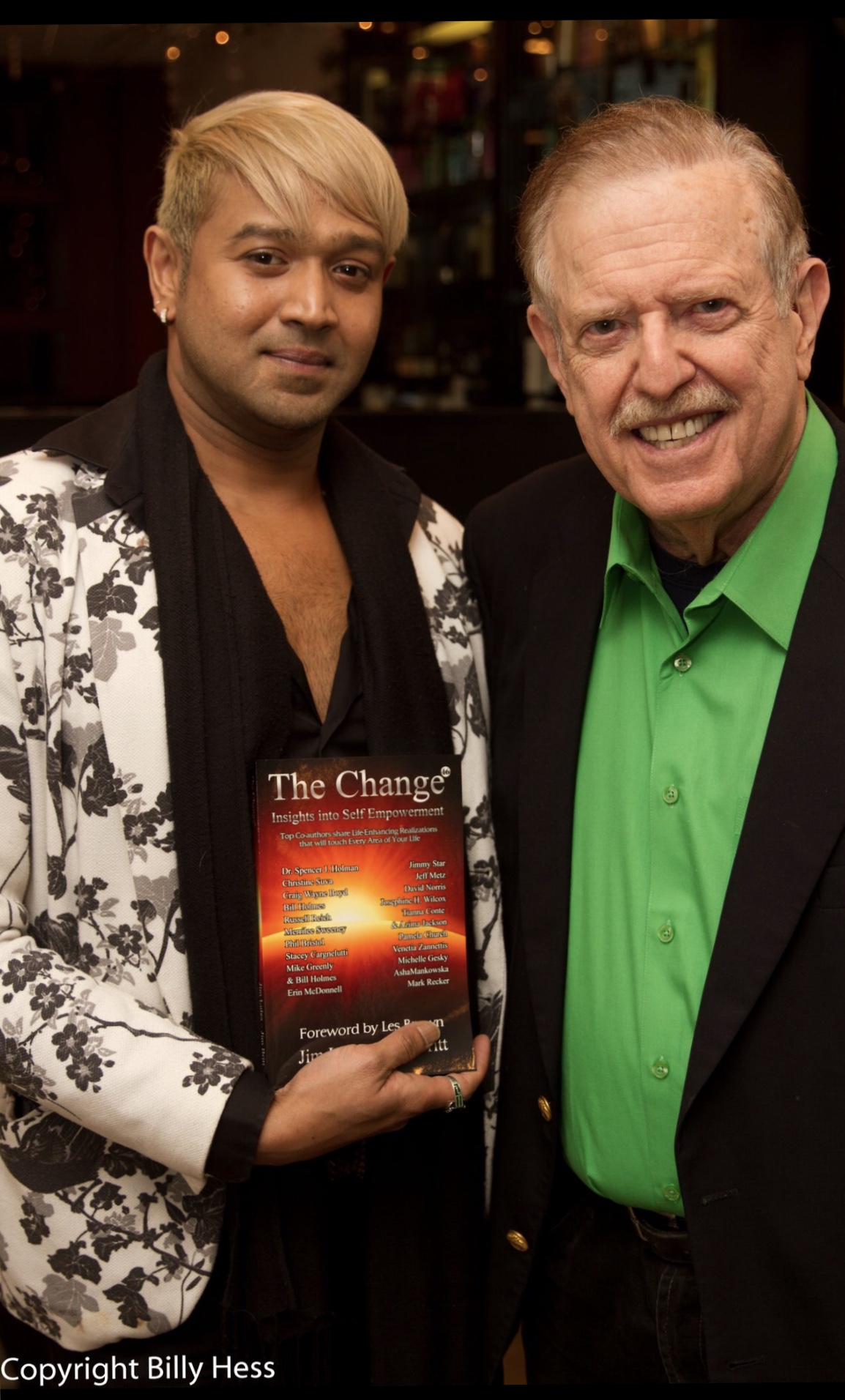Ted Baxter’s moving narrative: “Relentless: How a Massive Stroke Changed My Life”
It is impossible to read Ted Baxter’s Relentless: How a Massive Stroke Changed My Life for the better and not come away impressed by Baxter’s self-will to work his way back from a massive stroke. The stroke came, as they often do, with scant warning and devastated Baxter’s immediate circle. His survival, very touch and go at first, is more secure in time, but doubt about his recovery looms. Baxter, however, refuses to accept defeat. He applies himself to recovery with the same steely determination that carried him to the heights of the financial world and worked hard to reshape his life on his terms rather than accepting statistics and diagnoses as his preordained fate. He is determined to beat the odds and much of Relentless devotes itself to chronicling how Baxter does this and resolves to give back to those who have experienced similar difficulties.
RELATED ARTICLE: https://blogs.webmd.com/my-experience/20180821/how-a-massive-stroke-changed-my-life-for-the-better
Baxter portrays his initial confusion, helplessness, and fear in a convincing
way, but some readers will be a little turned off by the lack of vulnerability throughout
the bulk of Relentless. Once his determination to recover snaps into place,
Baxter seems to develop tunnel vision; this, undoubtedly, assisted him in his
recovery, but an interesting angle is left unexplored as Baxter never seems to
question the life choices that conceivably brought him to death’s door. The
book is structured in an unusual manner. Many accounts of this nature are
presented as memoirs, but Relentless portrays Baxter’s story as an oral history
drawing from a variety of sources.
It is interesting to hear about Baxter’s experience from an assortment of perspectives. His family, friends, co-workers, and medical professionals of various stripes contribute to the dramatis personae comprising Relentless and they offer readers a look into Baxter’s long road back his perspective alone couldn’t have provided us. It is a shrewd decision. Structuring the book’s narrative in this way separates Relentless from countless other books in this vein and, despite a host of competing perspectives, a comprehensible picture of Baxter’s life post-stroke emerges that will hold readers’ attention from the outset.
AMAZON: https://www.amazon.com/Relentless-Massive-Stroke-Changed-Better/dp/1626345201
It has a strong inspirational quality, but never strikes you as tacky or
overwrought. It is remarkable for a non-fiction book in one respect, if no
other, due to how it generates genuine suspense during a first reading.
Relentless never relies on literary devices or trickery to elicit reactions
from the reader; you respond to the very human drama of its story rather than
succumbing to hollow turns more appropriate to fiction.
The last sentence underlines one of the book’s strongest attributes – its
humanity. You don’t need to be someone who has faced a major health crisis in
order to relate to Relentless: How a Massive Stroke Changed My Life for the
Better. You can read this book and appreciate the story as one about a man who
refused to accept his fate as prescribed and, instead, worked and pushed with
all his might to reclaim his life on his terms rather than those dictated by
adversity.
Michael Rand







